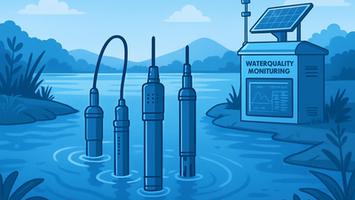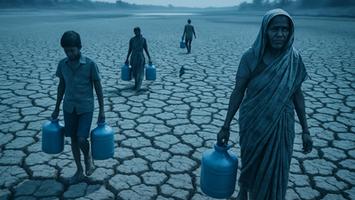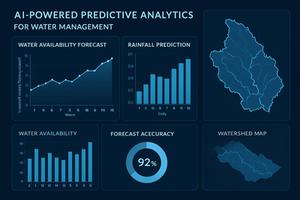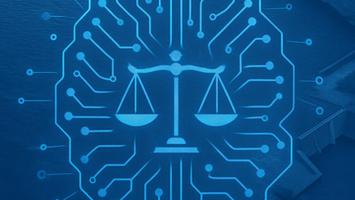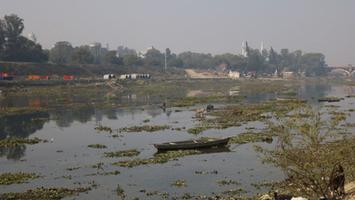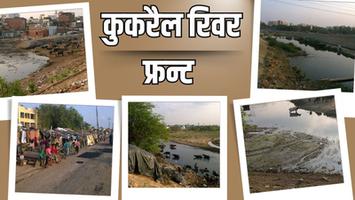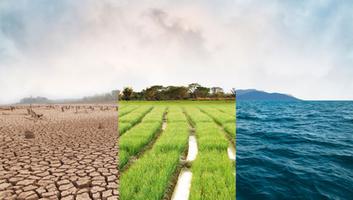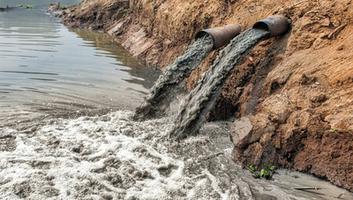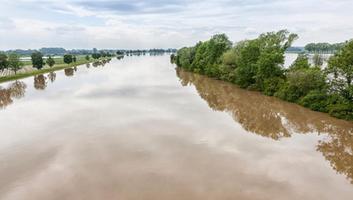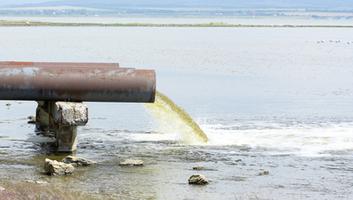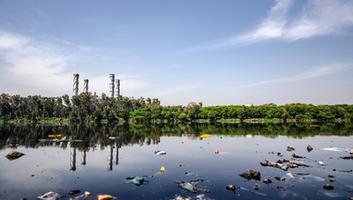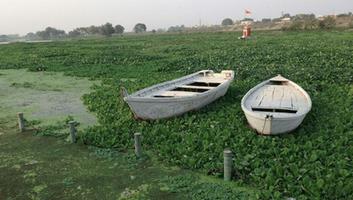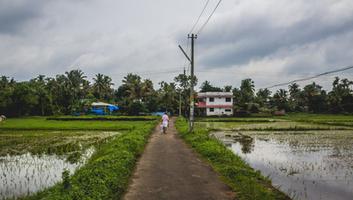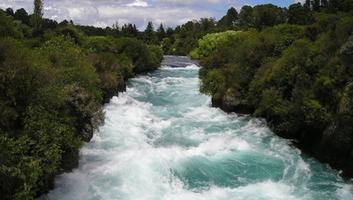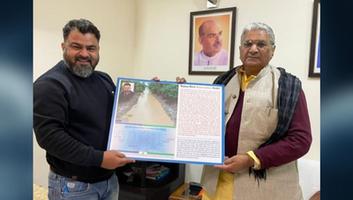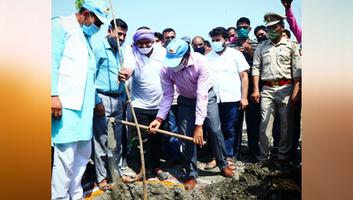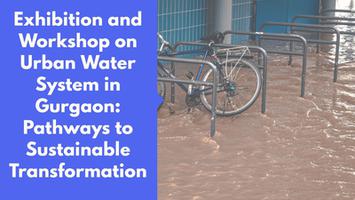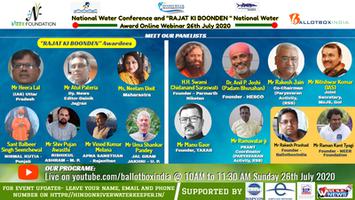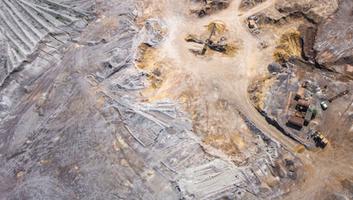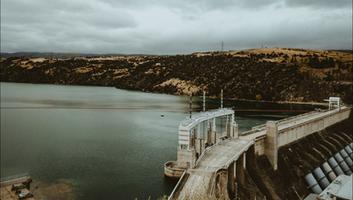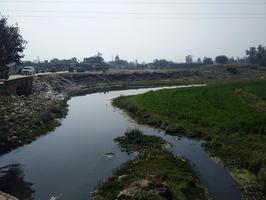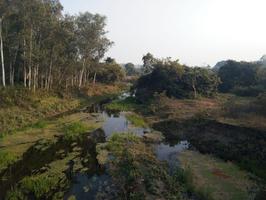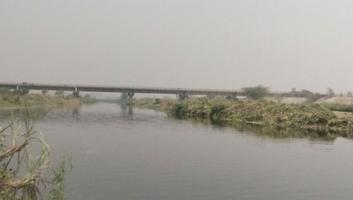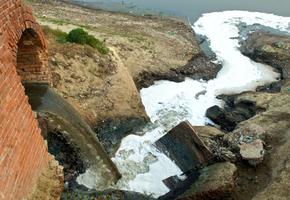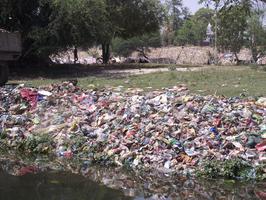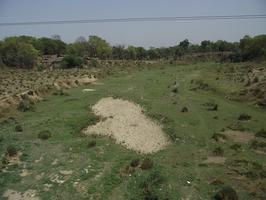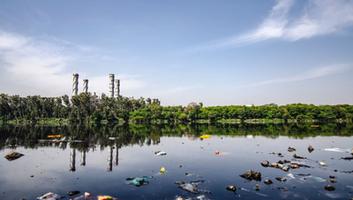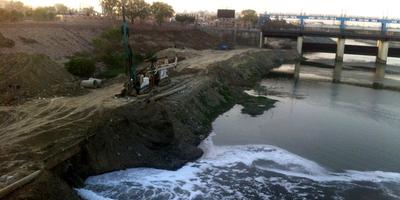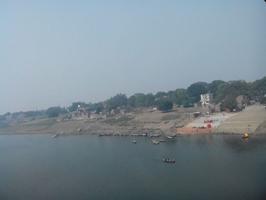How AI is Revolutionizing Water Management
- By
- Gitanjali Maggo
- June-01-2025
Water management is undergoing a profound transformation with the integration of artificial intelligence (AI) technologies. As India faces increasing water scarcity challenges, the marriage of traditional water wisdom with cutting-edge AI solutions offers unprecedented opportunities to optimize water resources, predict shortages, improve distribution systems, and enhance water quality monitoring.
The Water Crisis and the Need for Innovation
India is home to 18% of the world's population but has access to only 4% of the world's freshwater resources. With rapid urbanization, industrialization, and climate change impacts, the pressure on these limited resources continues to mount. Traditional approaches to water management, while valuable, are increasingly insufficient to address the scale and complexity of today's water challenges.
Artificial intelligence offers a powerful set of tools that can augment human expertise and traditional knowledge systems. By processing vast amounts of data and identifying patterns invisible to the human eye, AI can help water managers make more informed decisions, optimize resource allocation, and anticipate problems before they occur.
Key Applications of AI in Water Management
1. Predictive Analytics for Water Availability
AI-powered predictive models can analyze historical data, current conditions, and weather forecasts to predict water availability with unprecedented accuracy. These systems can forecast droughts, floods, and seasonal variations months in advance, allowing for proactive rather than reactive management approaches.
In Maharashtra, an AI system analyzing 50 years of rainfall data, groundwater levels, and satellite imagery has helped local authorities predict water availability with 87% accuracy, enabling better planning for agricultural seasons and municipal water supplies.
2. Smart Distribution Networks
AI algorithms can optimize water distribution networks by identifying inefficiencies, detecting leaks, and balancing supply across different areas. Machine learning models continuously analyze flow rates, pressure data, and consumption patterns to minimize waste and ensure equitable distribution.
The city of Jaipur has implemented an AI-driven water distribution system that has reduced water losses by 23% and improved supply reliability by identifying and prioritizing maintenance of aging infrastructure based on predictive failure analysis.
3. Water Quality Monitoring
Real-time monitoring systems equipped with AI can detect contaminants, algal blooms, and other water quality issues faster and more accurately than traditional testing methods. These systems can trigger automated responses or alerts when parameters exceed safe thresholds.
In the Ganga River basin, a network of IoT sensors coupled with AI analytics provides continuous monitoring of water quality parameters, enabling authorities to identify pollution sources and take immediate remedial action.
4. Smart Irrigation
AI-powered irrigation systems can optimize water use in agriculture by analyzing soil moisture, crop needs, weather forecasts, and evapotranspiration rates. These systems deliver precisely the right amount of water at the right time, reducing waste while improving crop yields.
Farmers in Gujarat using AI-driven precision irrigation have reported water savings of up to 40% while maintaining or improving crop yields, demonstrating the potential for technology to address the agriculture-water nexus challenges.
Integrating Traditional Knowledge with AI
The most successful applications of AI in water management don't replace traditional knowledge but enhance it. India's rich heritage of water conservation techniques—from stepwells and tanks to community-managed irrigation systems—provides valuable insights that can be incorporated into AI models.
For example, an AI system in Rajasthan incorporates traditional knowledge about the placement and design of water harvesting structures, combining this wisdom with modern hydrological modeling to optimize the location and design of new structures.
"The future of water management lies not in choosing between tradition and technology, but in finding the synergies between them. AI can help us scale and optimize traditional practices while adapting them to contemporary challenges."
— Dr. Rajendra Singh, Water Conservationist
Challenges and Ethical Considerations
Despite its promise, the application of AI in water management faces several challenges:
- Data gaps: Many regions lack comprehensive historical data on water resources, limiting the accuracy of AI models.
- Infrastructure requirements: Implementing AI systems often requires significant investments in sensors, connectivity, and computing infrastructure.
- Equity concerns: There's a risk that AI-driven water management could exacerbate existing inequalities if not designed with equity in mind.
- Governance frameworks: Clear policies and governance structures are needed to ensure AI systems serve the public interest.
Addressing these challenges requires a multidisciplinary approach that brings together water experts, technology specialists, community representatives, and policymakers.
The Path Forward
As AI technologies continue to evolve, their potential to transform water management will only grow. The key to successful implementation lies in:
- Developing context-specific solutions that address local needs and conditions
- Building capacity among water professionals to effectively use AI tools
- Ensuring community participation in the design and deployment of AI systems
- Creating supportive policy frameworks that encourage innovation while protecting public interests
- Investing in the necessary data collection and infrastructure
By embracing the potential of AI while remaining grounded in traditional wisdom and community needs, India can pioneer a new approach to water management that addresses current challenges while preparing for future uncertainties.
Conclusion
The integration of AI into water management represents not just a technological shift but a paradigm change in how we understand and interact with our water resources. By combining the precision and analytical power of AI with the depth of traditional knowledge and community engagement, we can develop more resilient, efficient, and equitable water management systems.
As water scarcity becomes an increasingly pressing global challenge, India's experiences in combining AI with traditional water wisdom could provide valuable lessons for the world. The journey has just begun, but the potential benefits for water security, agricultural productivity, and community resilience are immense.

